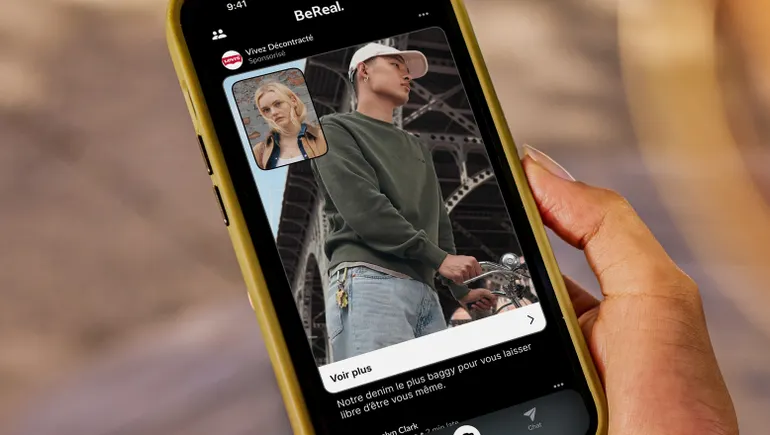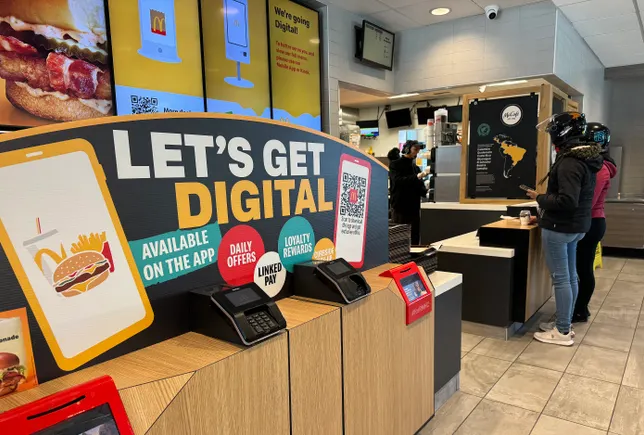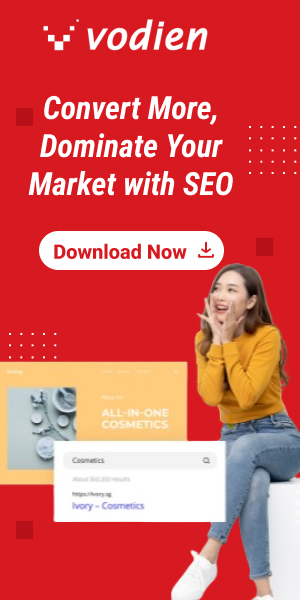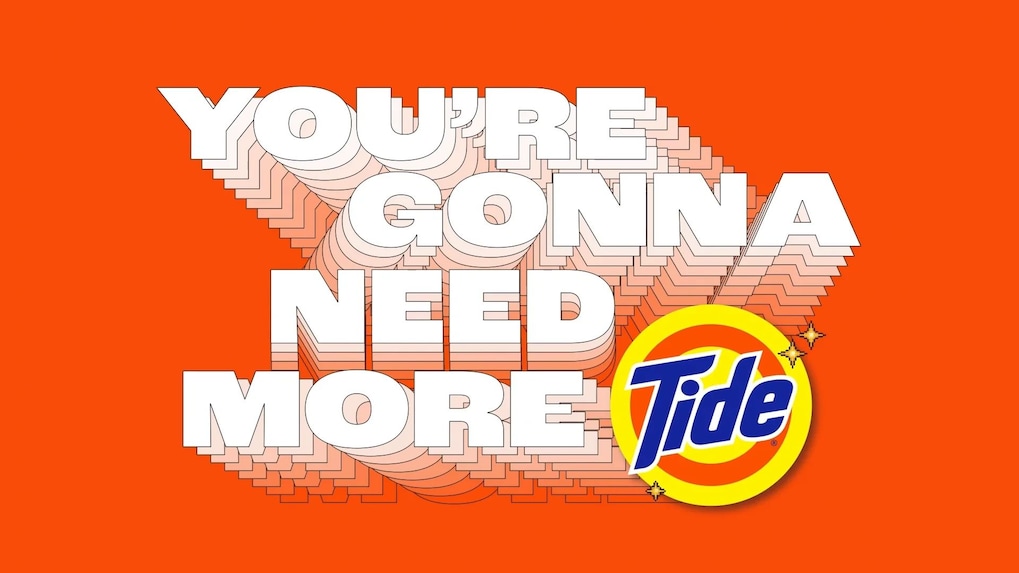In a world that has historically downplayed the importance of advertising revenue, the tides are turning. Once considered a mere side hustle, advertising is now emerging as a core component of growth strategies across diverse sectors, including technology and sports. The shift is driven by the acknowledgment that advertising is not just a collection of ‘dimes,’ but a lucrative, essential business model.
Tech Giants and Their Advertising Quandaries
In March, OpenAI CEO Sam Altman downplayed the role of advertising in the company’s future, labeling it as a ‘bunch of dimes.’ Yet, this perspective is not universally shared, even within Silicon Valley. Industry watchers predict that OpenAI, like many tech giants before it, will eventually embrace advertising as a revenue stream.
Mark Zuckerberg, CEO of Meta, echoed a similar sentiment in a recent interview, suggesting that advertising is not the primary driver of Meta’s business. However, the billions earned from ads tell a different story. This dichotomy highlights a broader trend where tech executives publicly minimize the role of advertising while privately relying on it as a vital revenue source.
Even Apple, a company renowned for its product-centric approach, seems perplexed by the idea of ad revenue. Yet, as publishers and tech companies explore alternative monetization methods, they often find themselves circling back to the tried-and-true model of advertising.
The Sports World Embraces Advertising
The traditional world of sports is also undergoing a transformation. Programmatic advertising in live sports broadcasts is gaining traction, and sports leagues are adopting unconventional marketing methods, such as jersey patches and dynamically inserted signage.
However, this newfound openness comes with challenges. Sports leagues have struggled with quality control, leading to partnerships with questionable companies. For example, six English Premier League teams were recently warned about sponsorship deals with unlicensed betting websites, which are illegal to promote in the UK.
The chaotic landscape extends to other sports as well. Financial trading app Robinhood sponsors NBA jersey badges, while Crypto.com has affiliations with the Philadelphia 76ers and the LA Lakers’ stadium. Similarly, Temu has emerged as a significant Super Bowl advertiser. Yet, the shadow of controversy looms large, as evidenced by the notorious FTX case, which had entangled itself with multiple sports entities before collapsing.
Google’s AI Overviews and the Publishing Industry
A year ago, Google introduced AI-generated summaries, known as AI Overviews, which have fundamentally altered the landscape of online content. Publishers have reported a sharp decline in website traffic due to these Overviews appearing at the top of search results. For instance, MailOnline experienced a 56% drop in click-through traffic.
For brands, the impact is nuanced. While 80% of consumers resolve their queries without clicking through to websites, sales figures have remained relatively stable. This is because the Overviews generally target users early in the purchasing process. Brands are responding by investing more in brand keywords and search budgets to maintain visibility.
Beyond the Headlines
The advertising landscape is further complicated by ongoing mergers, legal battles, and shifts in corporate strategies. Charter and Cox Communications have agreed to a $35 billion merger, signaling a consolidation wave in the industry. Meanwhile, Meta has filed a motion to dismiss an FTC antitrust case, challenging the commission’s claims of monopoly power.
Apple has been accused of placing misleading warnings on EU apps that bypass its App Store for payments, while Google faces calls to disclose YouTube revenue. These developments underscore the dynamic and often contentious nature of the advertising ecosystem.
Industry Movements
In corporate news, Sparteo has appointed Louis-Etienne Balleydier as its new chief legal officer. Yahoo has promoted Matt Sanchez to COO and appointed Ryan Spoon as president of the newly formed Yahoo Media Group, which consolidates all of Yahoo’s media assets.
Stay informed on the latest trends in marketing and advertising by visiting martechtrend.com.
Note: This article is inspired by content from https://www.adexchanger.com/daily-news-roundup/friday-20251905/. It has been rephrased for originality. Images are credited to the original source.












Leave a Reply